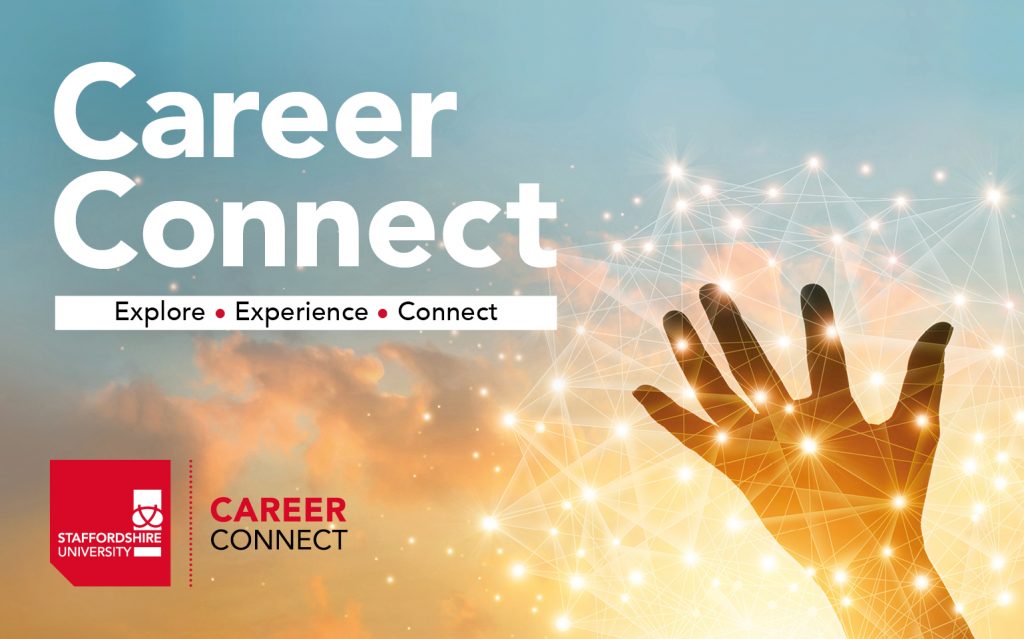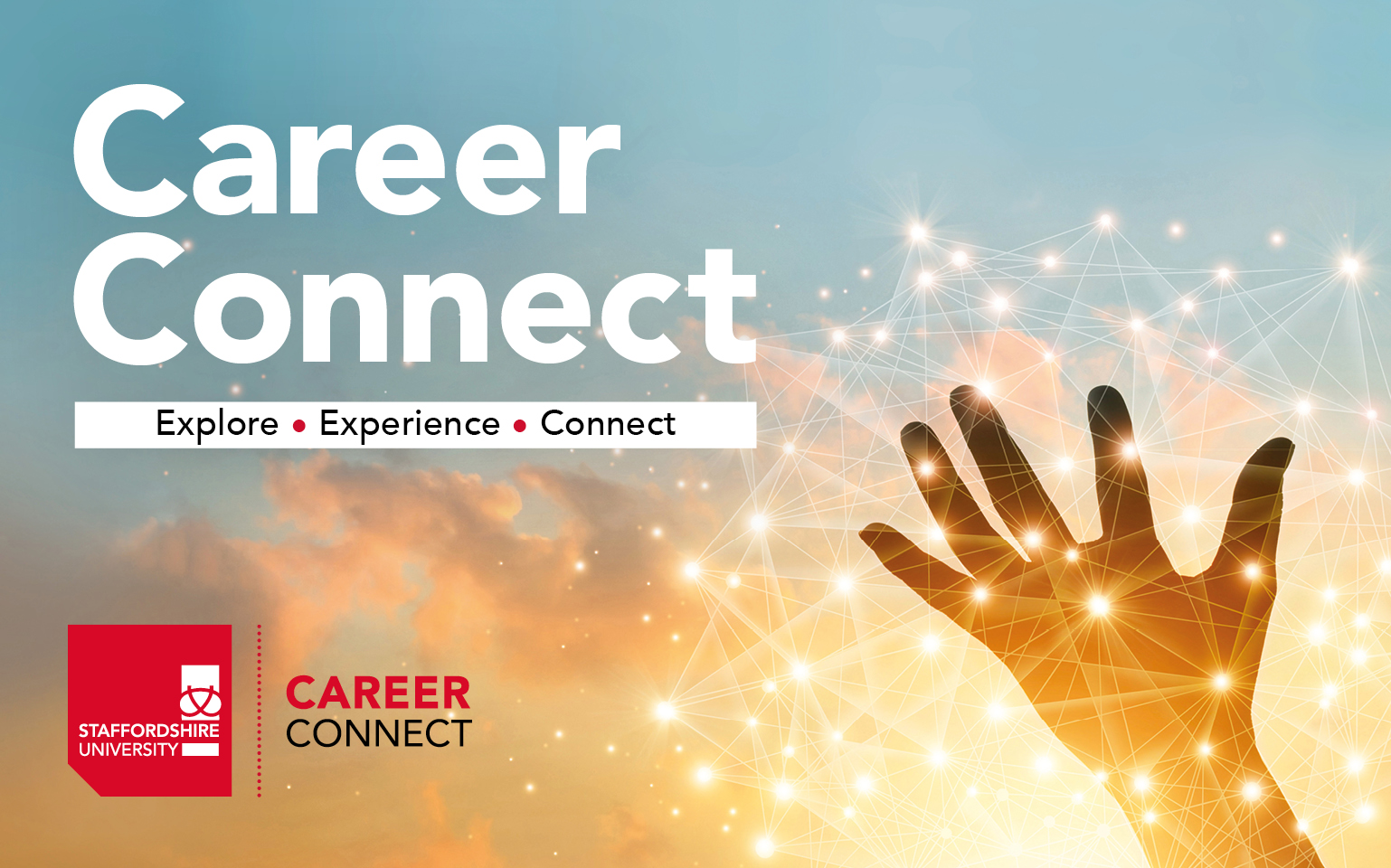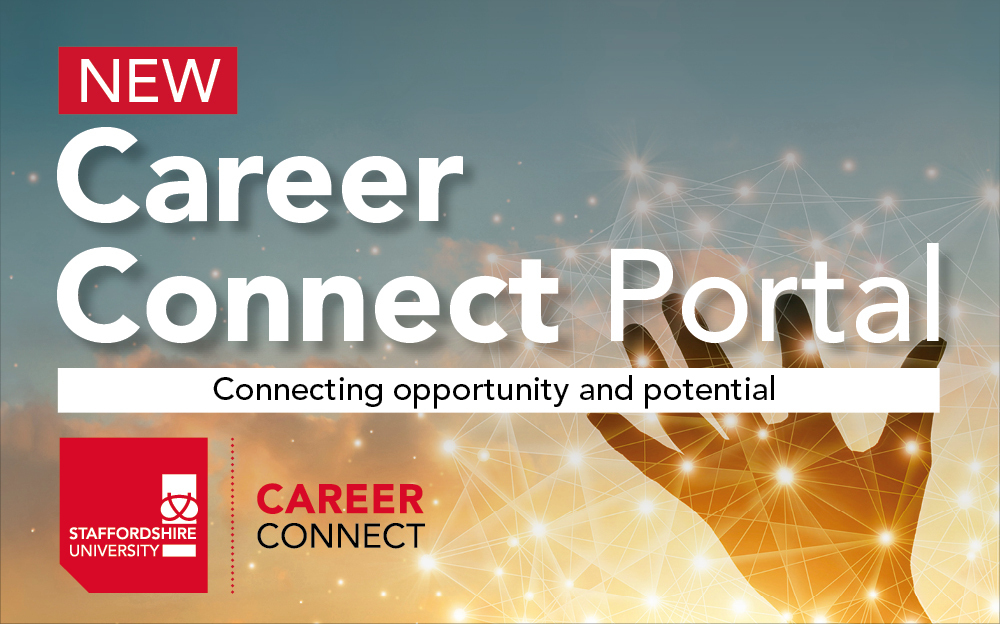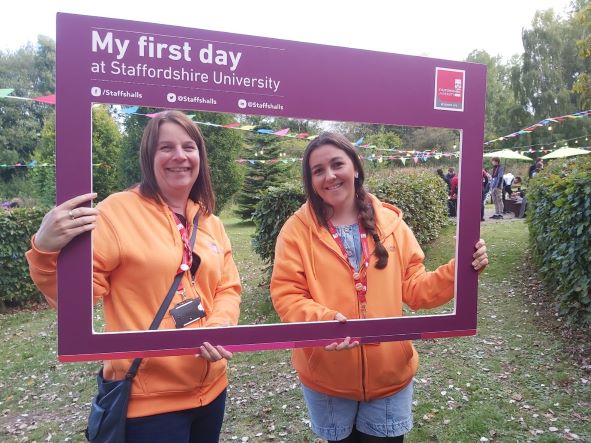Where Do I Start With A Career in Accounting?
By jp4,

Want to make your break in the accounting industry? We’re here with some expert advice to help jumpstart your exciting new career in the world of finance. Thanks Tom Bilby

First things first, it’s crucial to make sure you’ve got all the skills you’re going to need to succeed. It’s not all about number crunching and spreadsheet mastery – as an accountant, you’re also going to rely on:
- Attention to detail
- Fact-checking
- An ability to multitask
- Staying calm as deadlines approach
- Communication skills
Sounds a lot like doing a degree, doesn’t it? You don’t actually need a degree to be an accountant, and lots of firms will provide training programmes to help you get started whilst you study for your accounting qualifications. Those that do have a degree from a huge variety of backgrounds, studying a wide range of topics (so it’s not all just about maths).
Should I work in industry or practice?
There are lots of options available to you, but in very broad terms accountants will work either in industry, or in an accounting practice. Starting out in one doesn’t mean you can’t swap – lots of people do – it’s simply a question of what you prefer.
Basically, the main difference comes down to where you work, how you work and (the big one) how much you’re paid – but there are some other specifics to know about.
What it means to work in industry
Working ‘in industry’ as an accountant will see you work as part of an in-house finance team, employed within a business. In smaller businesses, an in-house accountant will often make up the entire finance department.
The main benefits of working in industry are:
- Focusing time and energy on one business, which is (usually) far less complicated than juggling several clients.
- If you want to specialise in a particular industry, business type, or business size, working in-house is a great way to go about it.
- You can learn a lot about how finance and accounting impact the wider business and the commercial impact of your role.
Potential downsides to consider include a lack of day-to-day variety and less diverse experience.
Typically, earnings tend to be higher for those working in industry but on the other hand, trends show that work-life balance is better amongst those in practice.
What it means to work in practice
When you work in practice, you work for an accountancy firm, managing multiple client accounts at once. This means the variety of accounts you work on will be far more diverse than simply working in-house for one business.
The benefits of this are:
- Experience working with a range of different sectors and business sizes
- Chance to practice and more varied wider technical skills
- Meeting more people and making more connections
One possible downside is that juggling such varied accounts can be complex and stressful at times.
Many accountants will try both industry and practice work during their careers. It’s all about finding the one that works best for you.
Getting work experience as an accountant
Work experience is a fantastic way to kickstart your accounting career as it allows you to get a feel for the industry and the demands of the role you’re pursuing. It will also help you build connections while you gain invaluable practical experience.
There are a number of ways to go about finding work experience opportunities as a burgeoning accountant, including:
- Reaching out to firms or businesses you’d like to work for
- Checking out what is being advertised on LinkedIn
- Going to career events hosted by accountancy firms
- Consider volunteer positions in startups or charities
If you struggle to find work experience or a job position in the exact role you’d like, don’t despair! Take a broader look at the industry and consider roles such as bookkeeper, auditor, accounting assistant, payroll, and administrative assistant. All of these are brilliant places to start gathering the kind of hands-on experience that will eventually lead you where you want to go.
Taking proactive steps like these are some of the best ways to get your foot in the door and propel your success as an accounting professional.
Article written by The Accountancy Partnership – Providing online accountancy services nationwide for a low, fixed monthly fee.
Get in touch:
Career Connect Portal: Career Connect – Current students – Staffordshire University (staffs.ac.uk)
Email: careers@staffs.ac.uk
Instagram: @CareersAtStaffs
LinkedIn: @CareersAtStaffs












